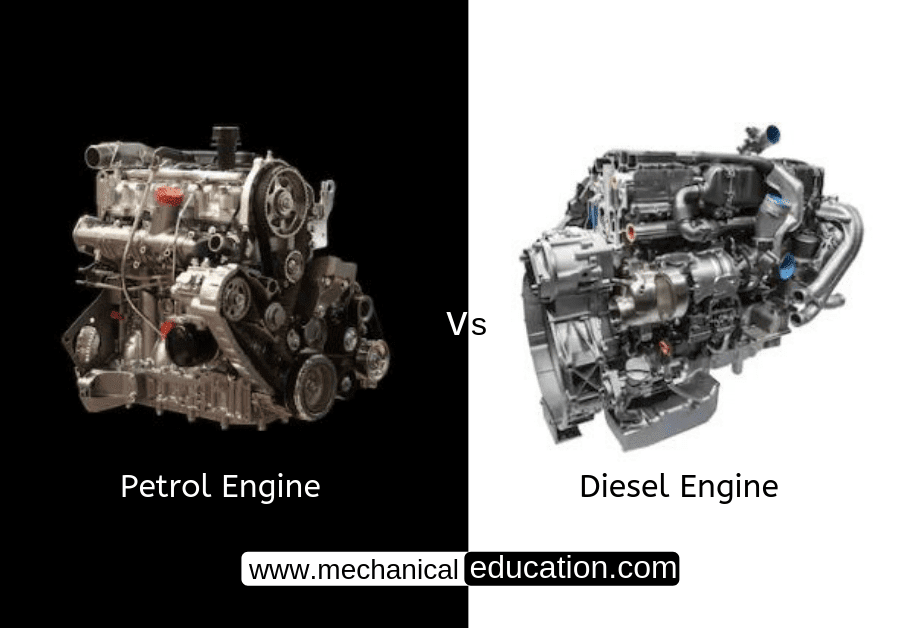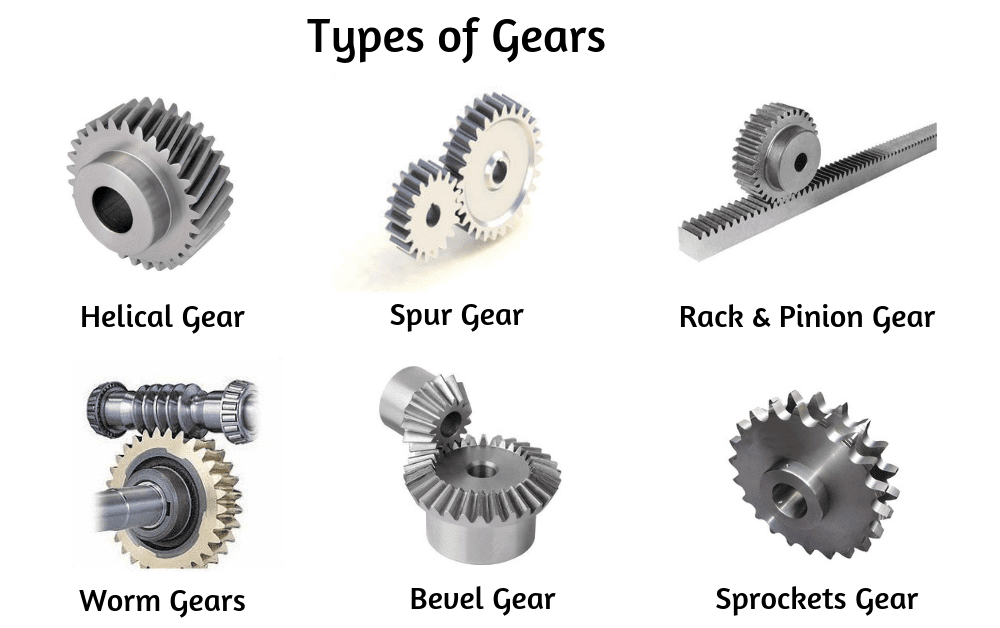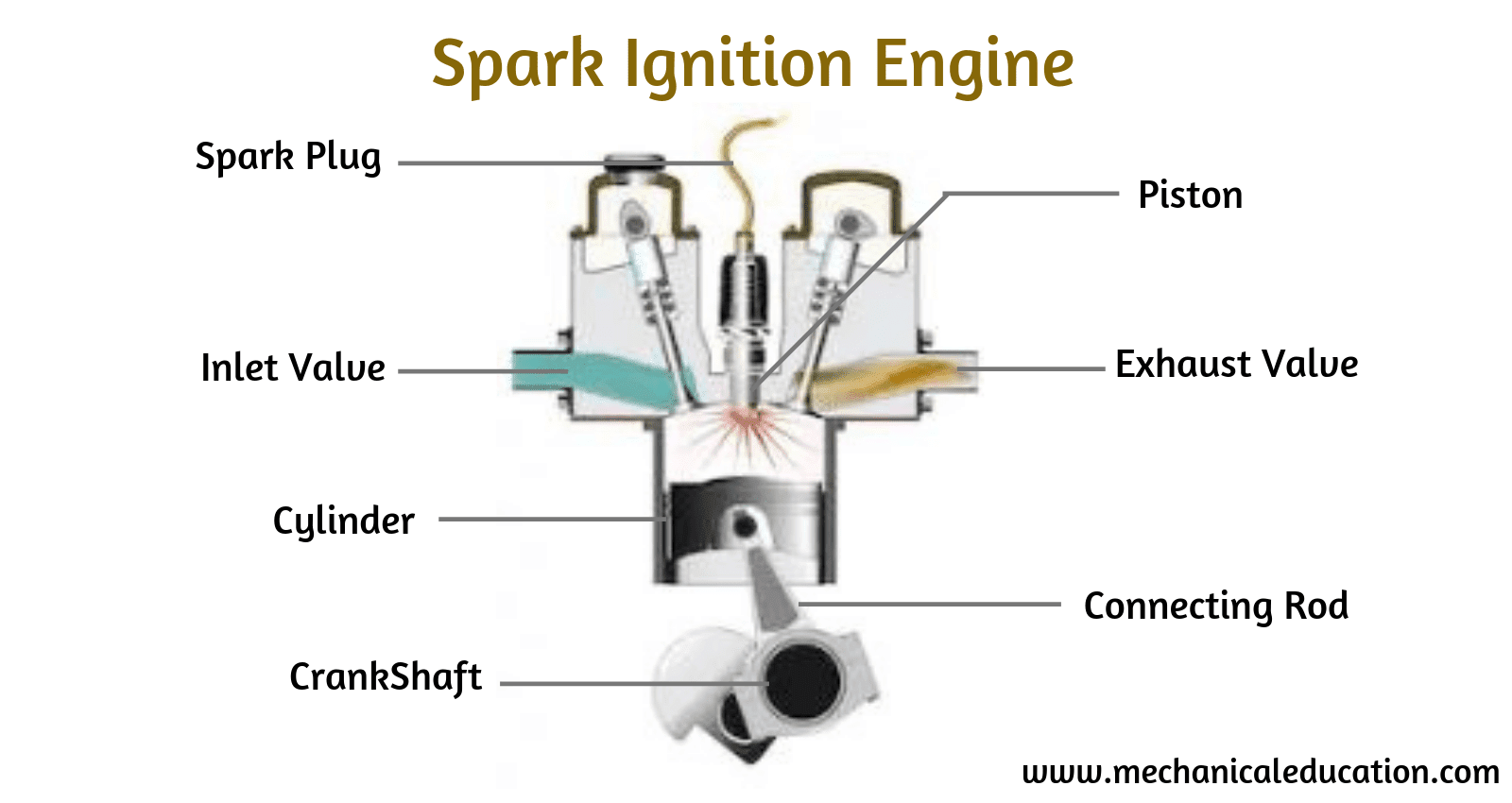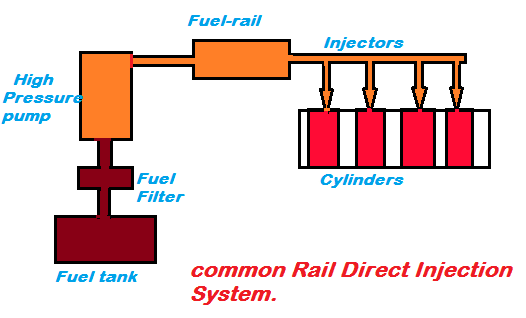If you use the AC in 1st gear, it can cause additional strain on the engine and affect its performance. This is because 1st gear is typically used for starting the car and moving it from a standstill. In this gear, the engine is working hard to overcome the inertia of the vehicle and maintain a low speed.
When the AC is turned on, it places an additional load on the engine, which can further increase the strain on the engine and cause it to work harder than it should in 1st gear. This can lead to a decrease in acceleration, sluggishness, and a decrease in fuel efficiency.
In general, it is best to use the AC when the car is in a higher gear or cruising at a steady speed, as the engine will have less strain and be better able to maintain its performance. It is also important to remember that using the AC excessively or at a low temperature can increase fuel consumption and put additional strain on the engine.
Top 10 Car Maintenance Tips for First-Time Car Owner
Congratulations on becoming a first-time car owner! Owning a car is a significant investment, and it’s important to take good care of it to ensure its longevity and reliability. Here are the top 10 car maintenance tips for first-time car owners:
- Read the owner’s manual: The owner’s manual contains vital information about your car, including its recommended maintenance schedule, oil change intervals, tire pressure, and more. Make sure to read it thoroughly and keep it in your car.
- Check the oil regularly: Regular oil changes are crucial for keeping your engine running smoothly. Check the oil level once a month, and change the oil every 3,000-5,000 miles or as recommended by the manufacturer.
- Keep the tires properly inflated: Proper tire pressure improves fuel efficiency, handling, and extends the life of your tires. Check the tire pressure monthly and inflate to the recommended pressure listed in the owner’s manual or on the driver’s door jamb.
- Check the brakes: Brakes are a critical safety feature in your car. If you notice any unusual noises or vibrations while braking, have them checked by a mechanic immediately.
- Replace the air filter: A dirty air filter reduces engine performance and fuel efficiency. Replace the air filter every 12,000-15,000 miles or as recommended by the manufacturer.
- Check the battery: The battery is essential for starting your car. Check the battery’s terminals for corrosion and clean them if necessary. If your battery is more than three years old, have it tested by a mechanic.
- Check the coolant: Coolant helps regulate your engine’s temperature and prevents overheating. Check the coolant level once a month and have it replaced every 2-3 years or as recommended by the manufacturer.
- Change the wiper blades: Worn out wiper blades can reduce visibility in bad weather. Replace the wiper blades every six months or as soon as they start streaking or skipping.
- Keep the exterior clean: Regular washing and waxing can protect the paint and finish of your car. Remove any bird droppings or tree sap as soon as possible to avoid damaging the paint.
- Listen to your car: Pay attention to any unusual noises, vibrations, or smells while driving. These could be signs of potential problems, and it’s best to have them checked by a mechanic as soon as possible.
By following these top 10 car maintenance tips, you can help ensure the longevity and reliability of your new car.
Frequently Asked Questions
1. Can I use the air conditioning (A.C.) in 1st gear while driving?
Yes, you can use the A.C. in 1st gear, but it’s generally more fuel-efficient to switch it on once the vehicle is in motion.
2. Does using A.C. in 1st gear affect fuel efficiency?
Yes, using the A.C. in 1st gear may slightly impact fuel efficiency, as the engine has to work harder to power both the air conditioning system and the vehicle in a lower gear.
3. Will using A.C. in 1st gear damage the car’s engine or A.C. system?
No, using A.C. in 1st gear won’t damage the engine or A.C. system. Modern cars are designed to handle such scenarios. However, it may lead to increased fuel consumption.
4. Is it recommended to use A.C. in 1st gear during hot weather?
It’s generally better to wait until the vehicle is in motion to use the A.C. Using it in 1st gear can be less efficient, especially during hot weather when the A.C. is needed the most.
5. Does using A.C. in 1st gear affect the engine’s performance?
Using A.C. in 1st gear may make the engine work harder, affecting performance to some extent. It’s advisable to shift to higher gears for better efficiency.
6. Can using A.C. in 1st gear lead to overheating?
While using A.C. in 1st gear won’t directly cause overheating, it may contribute to increased engine load. If your vehicle tends to overheat, it’s recommended to address the cooling system.
7. Are there any benefits to using A.C. in 1st gear?
There are minimal benefits to using A.C. in 1st gear. It can provide cooling, but for better fuel efficiency, it’s advisable to use the A.C. once the vehicle is in motion and has shifted to a higher gear.
8. Does using A.C. in 1st gear affect the car’s acceleration?
Using A.C. in 1st gear may have a slight impact on acceleration, as the engine is dividing power between driving the vehicle and operating the air conditioning system.
9. How can I optimize A.C. usage for fuel efficiency?
To optimize fuel efficiency, it’s advisable to use the A.C. when the vehicle is in motion and has reached a higher gear. Additionally, regular maintenance of the A.C. system can ensure optimal performance.
10. Are there situations where using A.C. in 1st gear is acceptable?
While it’s generally more fuel-efficient to use A.C. in higher gears, using it in 1st gear for short durations is acceptable. However, for extended A.C. use, it’s recommended to shift to higher gears for better fuel efficiency.




